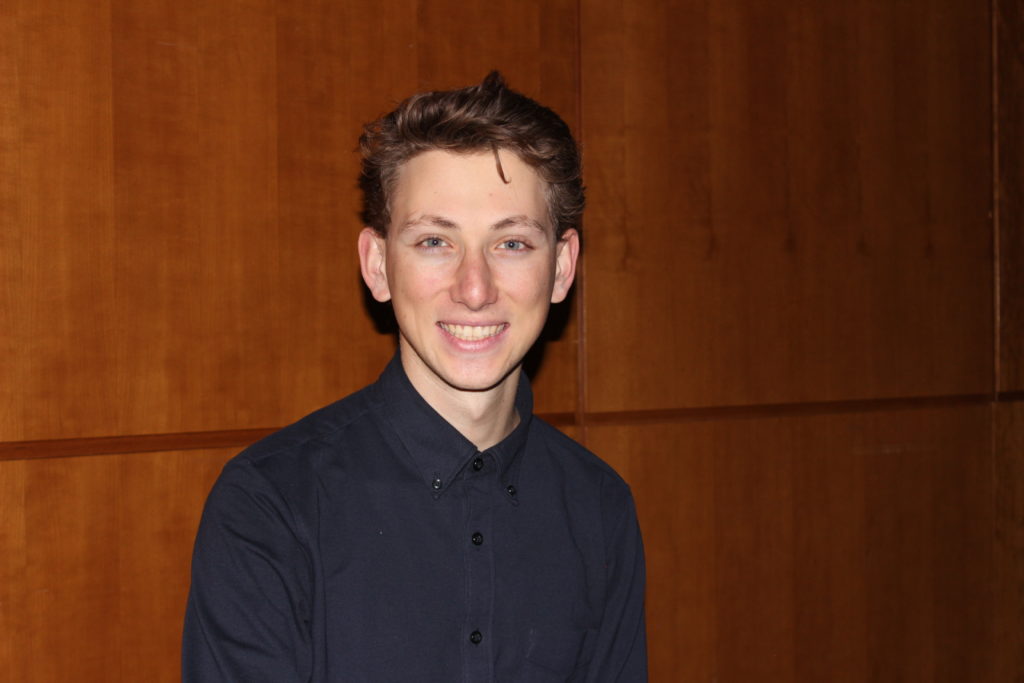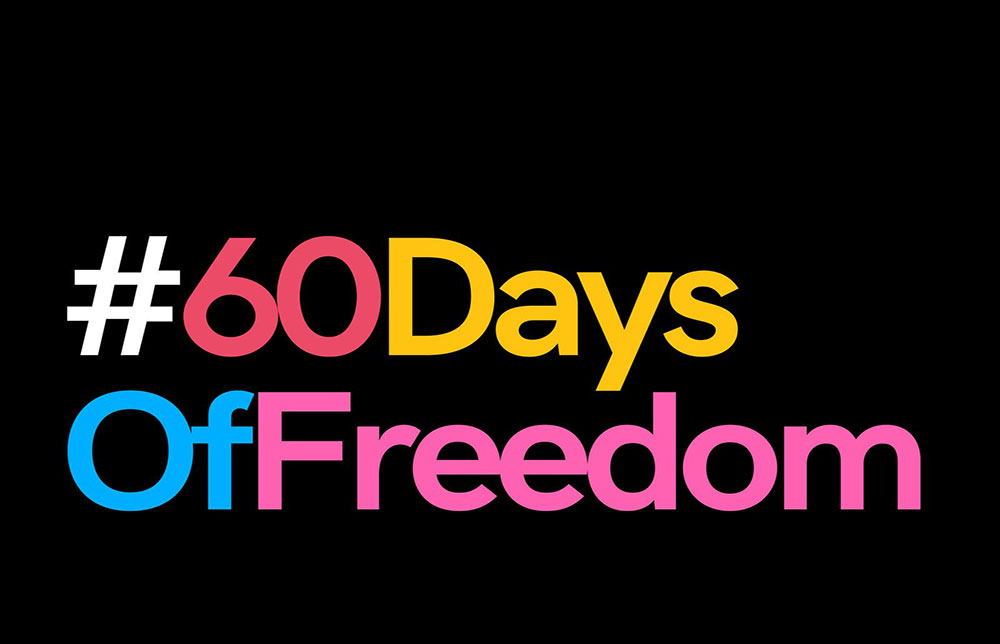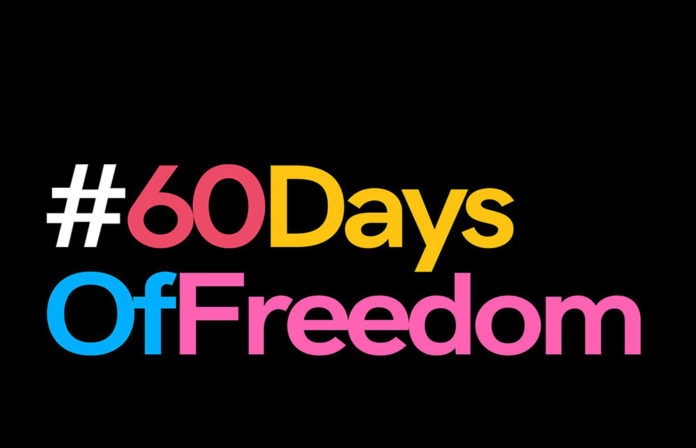A pioneering educational platform created by college students recently launched a project called #60DaysOfFreedom to promote social media addiction recovery through daily text messages.
For 60 days, anyone who signs up to participate in the project will receive daily text messages that have been specifically crafted to help increase awareness about the negative impacts of social media overuse. The initiative also looks to support those who struggle to cut back on how much time they dedicate to social media platforms.

The project was launched on July 1 by Arist, an innovative platform that uses text messages to offer college courses to the public or ‘the first SMS university in the world.’ The platform was developed by two 19-year-olds: Michael Ioffe, a Babson College student, and Riley Wilson, a student at UCLA.
“Social media has been linked to significant rises in depression, insecurity, and anxiety in our generation,” Ioffe said. “Both Riley and I have suffered some of the side effects of that. So, we designed this initiative to break the pattern of bad habit and by extension break the pattern of addiction.”
The initiative emphasizes that, at the current rate, average persons will spend over five years of their lives on social media.

“Both of us were incredibly concerned with social media addiction and what we saw as really bad social media habits,” Ioffe added. “We look to alert the users to the problem, to explain why the problem or habit is bad by linking them to an article or a video and then provide suggestions or alternatives. So, essentially every text that we have designed is structured in that way.”
Their project is providing support for people who need motivation staying away from social media for 60 summer days because, Ioffe stated, spending time away from scheduled responsibilities can make social media overuse particularly appealing.
“This is a time when a lot of college students are on break,” he said. “What we have found from the experiences of our peers and from our personal experiences is that when you have a lot of free time it is way easier to spend a ridiculous amount of time on social media.”
Ioffe — who’s also behind a nonprofit that hosts the world’s largest conversation series, TILE (Talks on Innovation, Leadership, and Entrepreneurship) — explained that #60DaysOfFreedom is a preliminary initiative and, before its launch, about 200 students had already signed up to receive text messages.
“We are trying to see how effective texting can be in breaking the social media habit, Ioffe said. “If we find that it works, then that has some pretty incredible consequences for how we can approach behavior change, habit breaking and addiction breaking in the future.”
So far, Arist has had two pilot courses: an entrepreneurship and a public speaking. The former allows users to receive entrepreneurial insights from leaders of academic institutions such as UCLA and USC through text messages. The latter is a four-week course with content designed by public speaking influencers and coaches.
Arist will be launching 25 new courses in September and #60DaysOfFreedom allows anyone to sign up continuously throughout its duration.

















